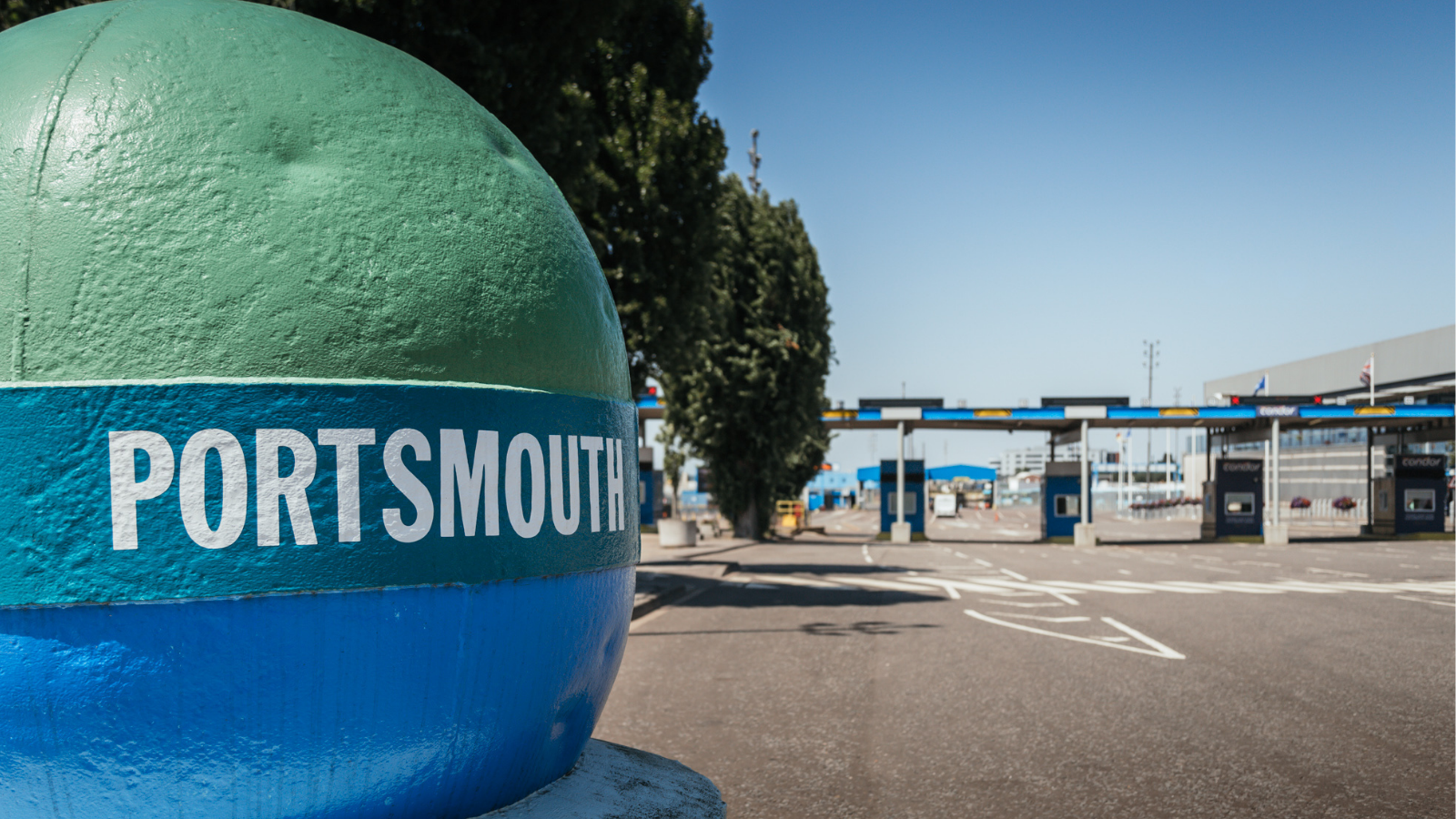PESO: Port Energy Systems Optimisation

As a maritime nation, the UK depends on its port infrastructure and it is essential to find ways of de-carbonising ports as part of the nation's zero carbon ambition. The PESO project will make significant progress towards achieving this goal, by piloting a solution that could be rolled out across the UK port sector.
Ports are major users of energy, for operation of dockside handling facilities and powering of port vessels such as pilot craft and tugs. In addition, berthed vessels will increasingly use energy supplied by the port to power their onboard facilities, which on a cruise liner would require very high power.
Under pressure to improve air quality and reduce their carbon footprint, ports are trying to reduce their use of fossil fuels and to use electricity instead. Initiatives to electrify infrastructure or to install onsite renewable generation at ports (Eg solar PV on the large roof area in ports) may be stalled by the requirement for expensive network reinforcement to meet the potentially higher electricity import and/or export loads.
PESO is overcoming this problem by integrating a novel battery technology into the port energy network, optimised to suit the port environment.
PESO is overcoming this problem by integrating a novel battery technology into the port energy network, optimised to suit the port environment. Energy generated onsite can be stored in the battery until it is needed. An advanced energy management system can optimise the energy flow around the port, and coordinate with the grid, in order to optimise the cost effectiveness of the overall system, and reduce or eliminate grid reinforcement costs. These benefits will accelerate the pace of investment in port de-carbonisation.
The PESO pilot system has been deployed in Portsmouth International Port, where it is integrating the port's investment in solar power and in novel battery storage. Energy management software has been developed by Swanbarton, while the Energy Systems Catapult is modelling impacts on the local and national grid.
The PESO project is now over 1/3 of the way through its 2-year duration. The project, which is co-funded by Innovate UK is aiming to show how ports can use smart grid technologies and sophisticated management software to reduce atmospheric emissions and improve air quality whilst optimising energy costs.
Three main areas of innovation are being explored in the PESO pilot, the design and construction of novel dual-chemistry battery technology to meet the port requirements , advanced management software to optimise onsite energy generation and storage and the development of smart port grid infrastructure.
The project has already achieved some significant milestones:
- Specification of the business requirements for the PESO energy storage system control system, to minimize risk by ensuring that Swanbarton’s solution, meets the stakeholders’ business needs, without unnecessarily constraining the design or detailed functionality of the system.
- Definition of evaluation metrics to assess the fulfilment of the project objectives with regards to the local energy system and its potential to provide services to the network.
- Installation of a GS Yuasa Gemini dual chemistry energy storage system in Portsmouth International Port.
- Definition of the technical architecture for the ESS control system.
Swanbarton and Portsmouth International Port are now focused on completing the PESO interface and control system and developing the machine learning and artificial Intelligence elements, so the system can learn how best to use, store and distribute energy around the port, including that generated by 750KWp of solar panels that will be installed during the project. The port will eventually use this system to support a fleet of electric port light goods vehicles.
MSE International are working with Energy Systems Catapult to assess the energy demand in UK ports and create value propositions to support wider adoption of the PESO solution. The work will focus on shore power requirements but it will also take into account energy demand from other sources, like freight transport that operates around the port area. The current and future power requirements will be assessed. Synergies with local industrial activities, renewable energy generation and transport will be investigated. This will create the evidence base for integrating storage solutions in ports to support their pathway to decarbonisation.
More information
Email: sj@mseuk.org
| Public funding |
|---|
| Innovate UK PFER |
